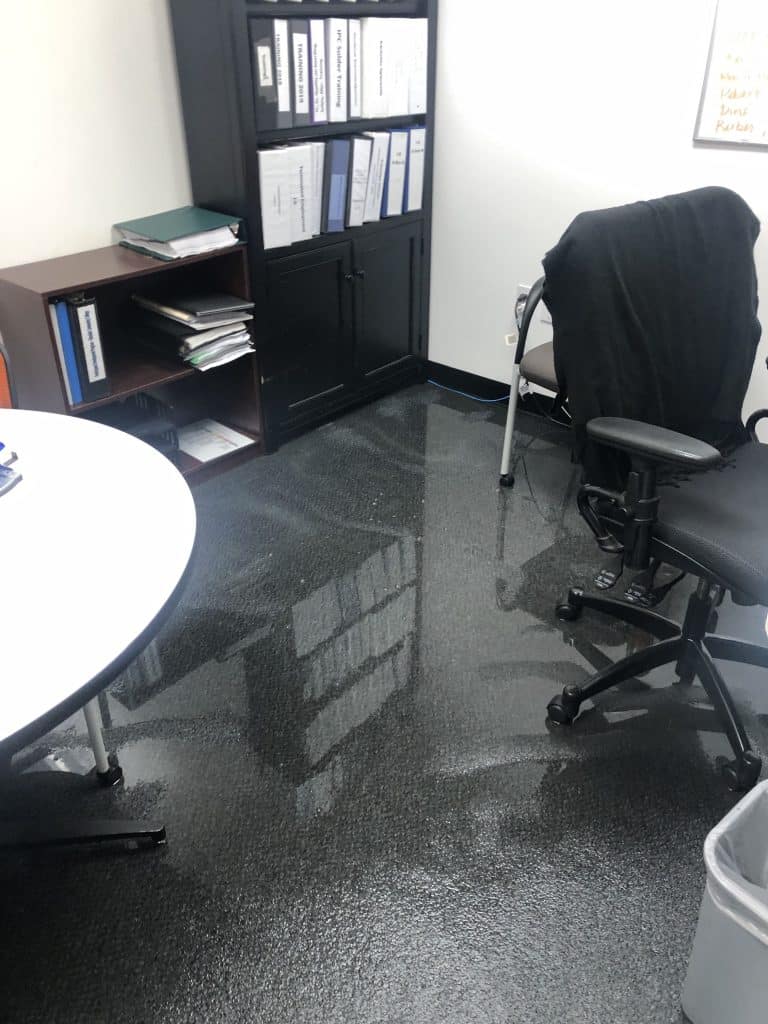Water damage can be anybody’s nightmare and it is important to protect your home to prevent water damage. It doesn’t take much water for water damage to occur in a house. Water seepage through the drain system, water supply line, or any water that ends up on the floor or carpet can cause water damage to a house if it isn’t taken care of in time. Here are 7 steps you can follow in order to help prevent water damage:
1.) Regularly check all the water fixtures and pipes in and around your house
It is important for homeowners to regularly inspect their water fixtures and pipes. Pipes tend to leak when they aren’t properly installed so regular inspection ensures leaks will be detected before there is water damage. Most water fixtures have rubber washers that need to be replaced on a regular basis to ensure water doesn’t seep through the fixture itself.
2.) Fix water leaks as soon as possible
Water leaks are common occurrences in many homes because of how many water fixtures there are. Sometimes water damage repair is unavoidable, but it is important to fix any water leakages or problems with water fixtures as soon as you can so water damage doesn’t happen. It only takes about 12 drops of water per minute for serious water damage to occur in a house.
3.) Turn off the main source of water if flooding occurs
If there is ever any danger of flooding happening at your home then it is important that you turn off the main water supply to prevent water damage. Water can rapidly spread through a house if plumbing fixtures are allowed to flll with water. Flood water carries dirt, debris, and contaminants that can further damage the water supply line leading to more water damage problems in your home.
4.) Regularly check your water supply line for water leaks
The water supply line on a house is also a common location for water damage to occur. Water supply lines can be easily damaged if water is allowed to sit in them over time from water that leaks from the water main or water that is used in the home. This water causes water damage problems like water seeping through openings in the water supply line or can cause leaks inside of it in which case homeowners should check for water in their water supply line connection and compression fittings to determine where water is leaking from.
5.) Ensure that all drainage systems are connected properly
It’s important that water can slowly flow away from the house in an easy manner. If water is allowed to pool around the foundation of your home then water damage will occur depending on how long water accumulates there. Drainage systems should always be connected properly so water drains away from the house as it is supposed to through gutters and downspouts or some other water outlet.
6.) Clean water spillages as soon as possible
Water spillages can lead to water damage if left alone for too long. Water on floors or carpets should always be cleaned up as soon as possible. This is especially true of water that comes from water supply lines, water leaks, water seepage through drains, water that has flooded the house, water caused by overflowing water fixtures or dirt and debris kicked up by flooding or water used in sandbagging. Getting water cleaned up will prevent any water damage occurred to the flooring material underneath it.
7.) Have water damage restoration professionals check water damaged areas
It’s always a good idea to call in water damage restoration professionals when dealing with water problems in the house. Water damage restoration professionals know how water accumulates and spreads after it comes into contact with a home and will be able to determine where water has seeped through the foundation, water supply line, water lines, and drainage systems to find the water damage problem and repair it properly.
Water damage is a big problem for many homeowners and water damage repair can be very expensive if water damage has already occurred to the property. It’s important that you take preventative measures now so water doesn’t cause water damage later on down the line as water damage early on will cost much less than water damage later on.


